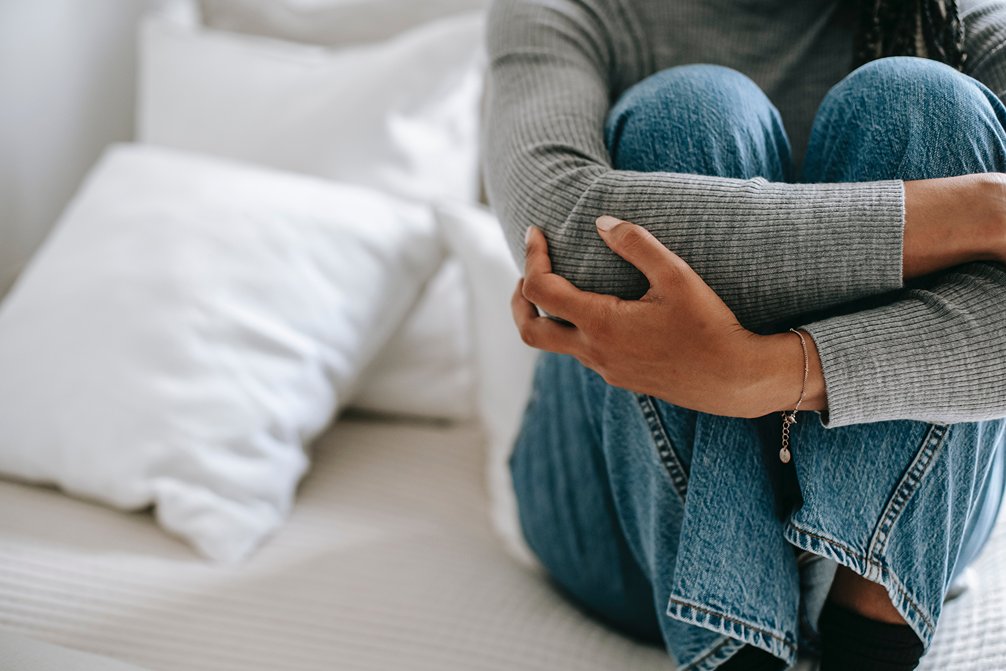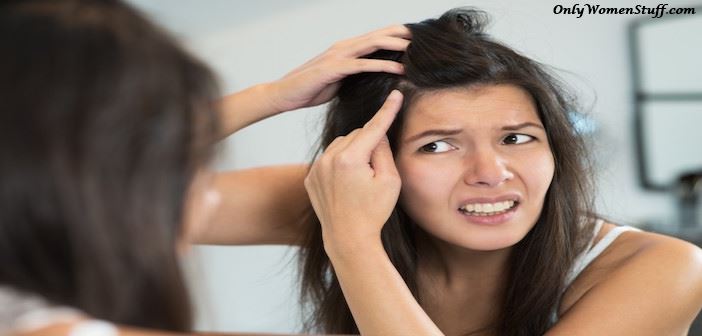Why Do More Women Than Men Suffer From Depression?
Women’s depression rates are nearly double that of men. While there is no single answer, studies suggest a variety of potential explanations for why this discrepancy exists. However, it pays to take charge of your life, create happiness, and take steps to reduce depression.
Learn how to recognize the signs of depression, as well as how to manage it. Also, prioritize your needs, spend time with people that make you happy, and stay physically active. You’ll get all this on Wicca Academy. Some of the potential explanations for why more women suffer from depression than men.

Women Process Emotions Differently
Women tend to express their emotions more openly than men, which may lead to a greater likelihood of being labeled as depressed. It results from social and cultural influences that emphasize females being more emotionally aware and expressive than males. Additionally, women may be more likely to discuss their feelings with friends, family, and healthcare professionals.
Hormonal Differences
Women’s bodies produce hormones such as estrogen and progesterone, which are linked to an increased risk for depression. In addition, women may experience considerable fluctuations in hormone levels during puberty, pregnancy, and postpartum, leading to depression or exacerbating existing symptoms.
When hormones fluctuate, it affects neurotransmitters like serotonin and dopamine, which are involved in mood regulation. It results in greater vulnerability. For instance, some women experience drastic hormonal changes after childbirth that trigger depression. They may also be unable to find time for self-care, which can lead to exhaustion, isolation, and sadness.
During menopause, women can be more susceptible to depression due to declining estrogen levels. Estrogen plays a role in regulating the neurotransmitters that affect mood.
Stressful Life Events
Women may be more likely than men to experience specific stressors and traumatic events, such as domestic violence, sexual assault, or even childhood abuse. These situations lead to depression due to their traumatic nature and are challenging to cope with.
Women may also be more likely to experience stress related to family and work pressures. They usually take on multiple roles, such as wife and mother, resulting in more significant stress. Additionally, women are more likely to work in lower-paying jobs, causing financial anxiety and depression. Other leading causes of depression in women are:
Eating Disorders
Anorexia, bulimia, and other eating disorders can lead to depression due to their physical and psychological effects. They cause feelings of guilt, shame, and low self-esteem, all of which contribute to depression.
Body Image Issues
Women may be more likely to experience a negative body image than men, leading to depression. This type of thinking often results from unrealistic images in the media and a lack of self-confidence and worth.
There’s a Need for Better Recognition
Multiple factors could explain why depression rates are higher among females than males. There’s no one silver bullet explanation but rather an intricate web of possible causes interwoven. It makes it difficult to accurately pinpoint any one reason for the high rates of female depression worldwide today. There’s a need for better recognition and understanding so that appropriate medical help and social support mechanisms can be developed for all, regardless of gender identity or background.






